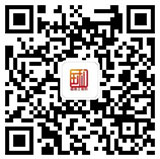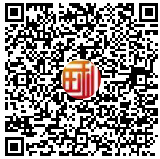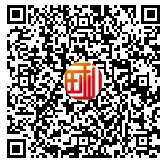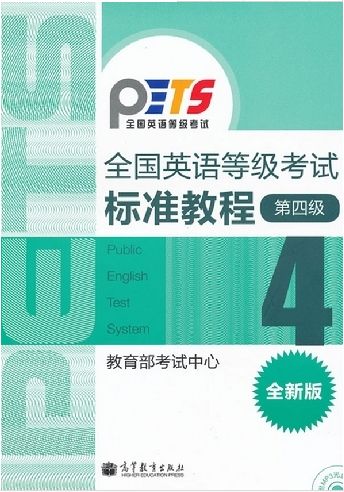Using tablet computers like Apples iPad and Samsungs Galaxy Note just before bed can lead to a poor nights sleep, according to research
More and more people are taking their tablets to bed with them to surf the web, check Facebook or email before switching off the light. But researchers are warning that the blueish light their screens emit can stop users getting a good nights sleep. That is because this type of light mimics daylight, convincing the brain that it is still daytime. Blue light suppresses production of a brain chemical called melatonin, which helps us fall sleep. This is because our brains have evolved to be wakeful during daylight hours. By contrast, light which is more orange or red in tone does not reduce melatonin production, perhaps because our brains recognize it as a cue that the day is ending.
Neurologists (神经病学家) have known for years that staring at screens late in the evening can disrupt sleep. Researchers at the Lighting Research Centre, at the Rensselaer Polytechnic Institute in New York, are warning that looking at tablet displays for more than two hours leads to a suppression of our natural melatonin levels as the devices emit optical radiation (光辐射) at short wavelengths - in other words, they emit bluer light.
They say: Although turning off devices at night is the ultimate solution, it is recommended that if these devices are used at night displays are dimmed as much as possible and that the time spent on them before bed should be limited.
They drew their conclusions after measuring melatonin levels in 13 volunteers, after they had spent time viewing iPads at full brightness at a distance of 10 inches, for two hours. Melatonin levels were significantly lower after they had done this, than they were after the volunteers had viewed their iPads for the same time, but while wearing orange glass goggles, which cut out the blue light.
They wrote in the journal Applied Ergonomics that tablet makers could tune the spectral power distribution of self-luminous devices (自发光设备的频谱功率分布) so that they disrupted the sleep patterns of users less.
It is not just a good nights sleep that could be jeopardized (危害) by too much late night screen time. Researchers know that persistent disruption to sleep patterns can lead to an increased risk of obesity, and even breast cancer. However, these studies tend to be comparisons of those with chronic (慢性的) sleep disruption, such as long term shift workers, with those who have normal sleep patterns.
12. What is it that stops users getting a good nights sleep?
A. Screens B. blueish light C. Melatonin D. Orange or red light
13. Based on their findings, researchers have made the following suggestions except that ________.
A. Devices like iPads should be turned off at night.
B. Tablet makers should make improvements in devices.
C. Users should view iPads at full brightness instead of wearing orange glass goggles.
D. The time spent on screen before bed should be controlled.
14. We can infer from the passage that _________.
A. Orange and red light does no good to a good nights sleep.
B. Our brains recognize orange or red light in tone as a cue that the day is ending.
C. The less melatonin our body produces, the easier we fall asleep.
D. Too much late night screen time leads to more than sleep problem.
15. The writers purpose for writing this article is to ________.
A. inform readers of a recent research.
B. complain about problems caused by using iPads before bed.
C. offer some suggestions on late night screen viewing.
D. advocate late night screen viewing.
参考答案
12-15 BCDA













